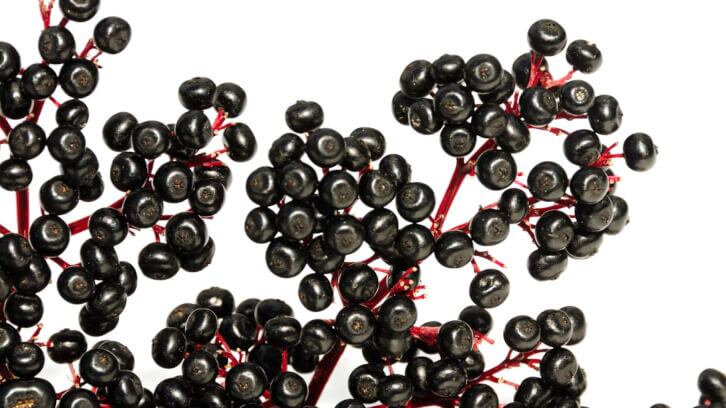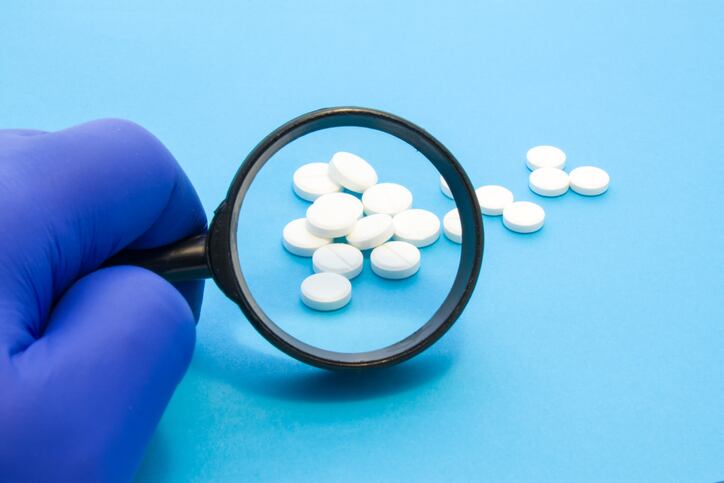“Companies producing elder berry extracts or manufacturing elder berry dietary or food supplements or other food products using elder berry extracts should be aware of these issues and ensure a robust quality control system to avoid purchasing adulterated materials,” the bulletin advised.
Co-authored by BAPP Director Stefan Gafner, PhD, chief science officer at the American Botanical Council (ABC), and herbal medicine expert Josef Brinckmann, the report covers bulk extracts and dietary supplements marketed as containing Sambucus species including European elder, American elder, blue elder and dwarf elder.
It is the 27th bulletin and the 81st peer-reviewed publication released by BAPP – an international consortium of nonprofit professional organizations, analytical laboratories, research centers, industry trade associations, industry members, and other parties with interest in herbs and medicinal plants.
Evidence of adulteration
The bulletin summarizes findings from seven reports and publications, including five peer-reviewed journals. Of the 684 samples analyzed from the reports, 119 (17.1%) failed identity specifications, although the authors noted limitations to the interpretation of data given the variety of analytical methods used.
“All these investigations have concluded that adulteration of elder berry is a problem in commerce and that the most common form of adulteration is partial or entire substitution with extracts from black rice," the bulletin reported. “In addition, some of the bulk extracts and finished dietary supplement products have an entirely different chemical fingerprint devoid of anthocyanins, flavonoids, or caffeoylquinic acids.”
Alternative adulterants detected (to a lesser extent) include other anthocyanin-rich plant extracts or blue or purple food colorants. The authors pointed out that while black rice extracts – which may cost up to 30 times less than genuine elder berry extract – may not confer the same health benefits attributed to elder berry, they do not pose the health risks associated with undeclared food dyes.
The report also provides information on the taxonomy, therapeutic uses, supply chain/value network, market importance, and analytical methods to detect adulteration of the botanical.
A stabilizing market
Despite what he terms “disturbing” documentation of “relatively widespread” adulteration, Dr. Gafner noted that the elder berry market may be stabilizing in the wake of the supercharged demand for immunity boosters over the last few years. Elder berry is commonly used to prevent or alleviate symptoms of respiratory infections such as the common cold, influenza and bronchitis.
“While sales have seen consistent growth since 2012, especially in the mass market, the unexpected demand for elder berry dietary supplements after the outbreak of the COVID-19 pandemic has led to exceptionally high year-to-year sales increases in both channels,” the bulletin reported. “However, the most recent data from 2022 report a 10% decline overall in both the mainstream and natural retail channels.”
According to the annual ABC Herb Market Report, elder berry was the top-selling herbal dietary supplement ingredient in the U.S. mass market channel and the third best-selling botanical ingredient in natural retail stores in 2021, with sales totaling roughly $305 million in both channels.
“Some of the new brands that entered the market at the height of the elder berry demand cycle, and which may have — unbeknownst to them — been selling adulterated products, appear to have exited from the market,” Dr. Gafner added. “Therefore, the quality of available elder berry dietary supplement products may have improved in recent months.”



